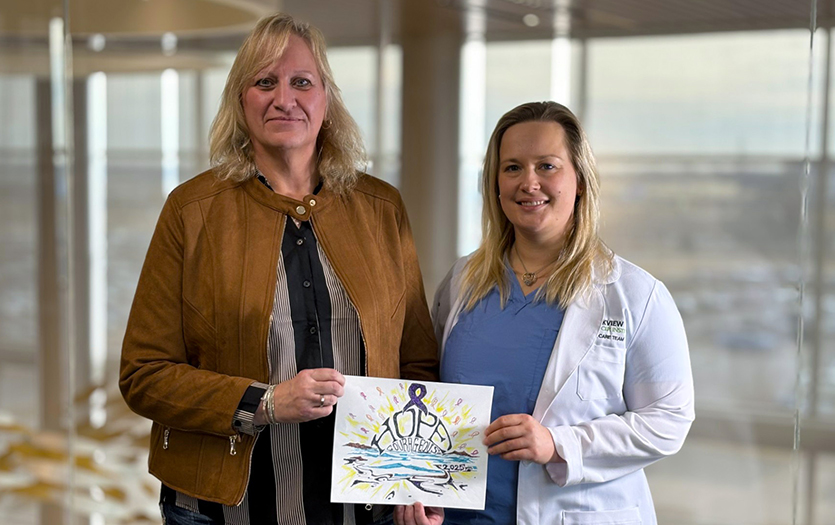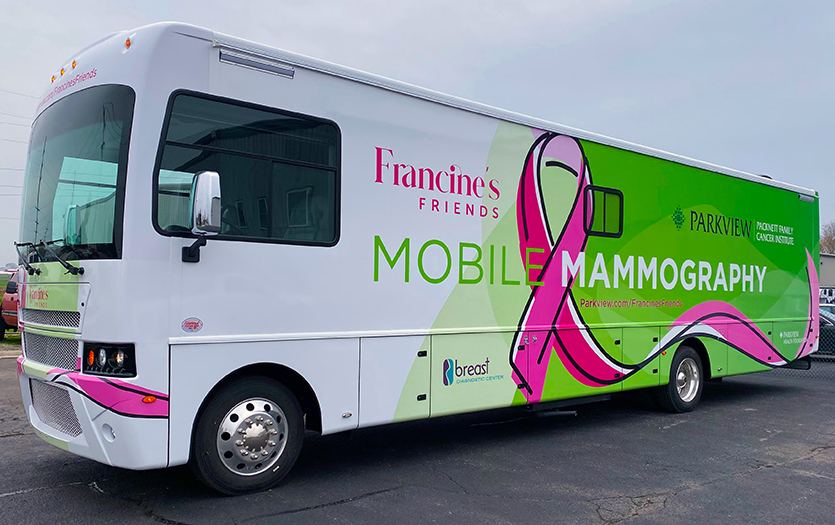.jpg)
This post was written by Reshi Kanuru, MD, PPG – Gastroenterology.
The excuse I hear most often when trying to convince someone to undergo colon cancer screening is, “I feel fine.” March is Colorectal Cancer Awareness Month and while our attention has been drawn more toward the COVID-19 virus, we still need to acknowledge our chronic health issues. I think this is the perfect moment to remember how much we value good health and the importance of preventative health, which includes colorectal cancer screening.
Why is colorectal cancer screening important?
Colorectal cancer is the second leading cause of cancer-related death among men and women in the United States. In 2019, there were 145,600 new cases with 51,020 related deaths. Sadly, 1 in 24 people are diagnosed with colorectal cancer in their lifetime. Think about how many people you know, including friends, family and coworkers. Someone in your life will be affected by colorectal cancer and it could be you.
When should I start screening for colon cancer?
For most people, if you don’t have a parent or sibling diagnosed with colorectal cancer, screening should start at age 50. If you have a parent or sibling who has been diagnosed before the age of 60, you are considered to be at higher risk for developing colorectal cancer. Screening for those who are at high risk for colorectal cancer should start 10 years before the age their parent or sibling was diagnosed or by the age of 40, whichever is younger. For example, if a parent was diagnosed with colorectal cancer at the age of 55, colon cancer screening should start at the age of 40. It’s important to speak to your doctor about your risk for colorectal cancer and how your family history or personal medical history affects your risk.
What are the methods to screen for colon cancer?
Colorectal cancer screening is done with stool studies, imaging or colonoscopy. A colonoscopy is the best at detecting colorectal cancer and the only test that can decrease your risk. If you are at a higher risk of colon cancer you should choose a colonoscopy as your screening method. Options for average-risk individuals, besides a colonoscopy, include stool studies like the guaiac stool test, fecal immunochemical test (FIT) or Cologuard®. All these tests detect blood in the stool, but Cologuard® can also detect abnormal DNA. Cologuard® is the best stool test at detecting colorectal cancer but it also results in more false positives than other stool tests.
What are the most important steps in colorectal cancer screening?
The most important step is speaking with your primary care provider or gastroenterologist about undergoing a colon cancer screening. It’s also important to discuss your family’s medical history to better understand your risk of colorectal cancer. Lastly, if you’re having symptoms from blood in your stool to a change in your bowel movements or unintentional weight loss make sure to contact your doctor right away so you can be evaluated as soon as possible. Remember, a colorectal cancer screening can save lives and while a colonoscopy is the best screening test, any screening test is better than nothing at all.



